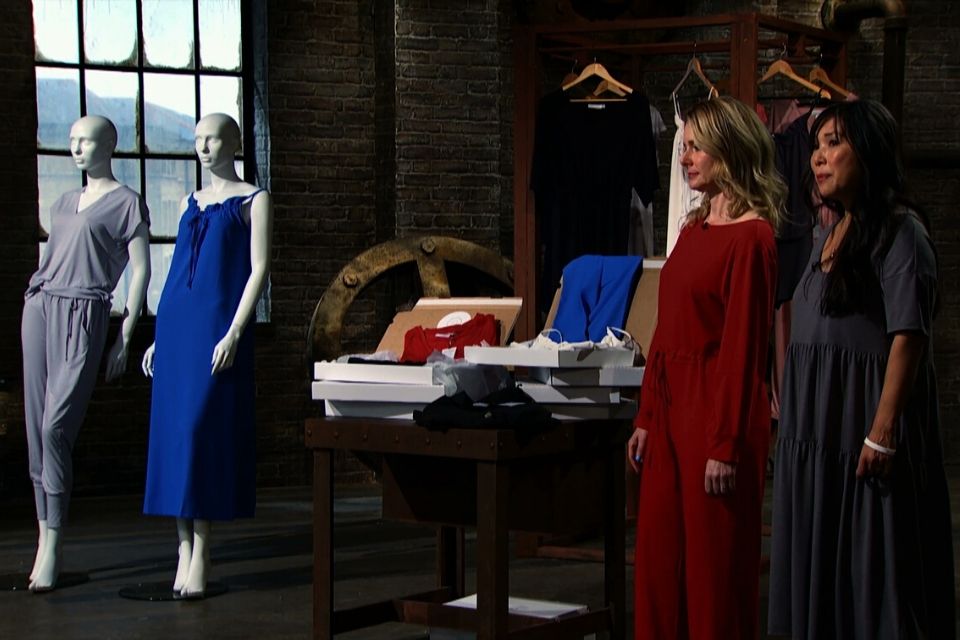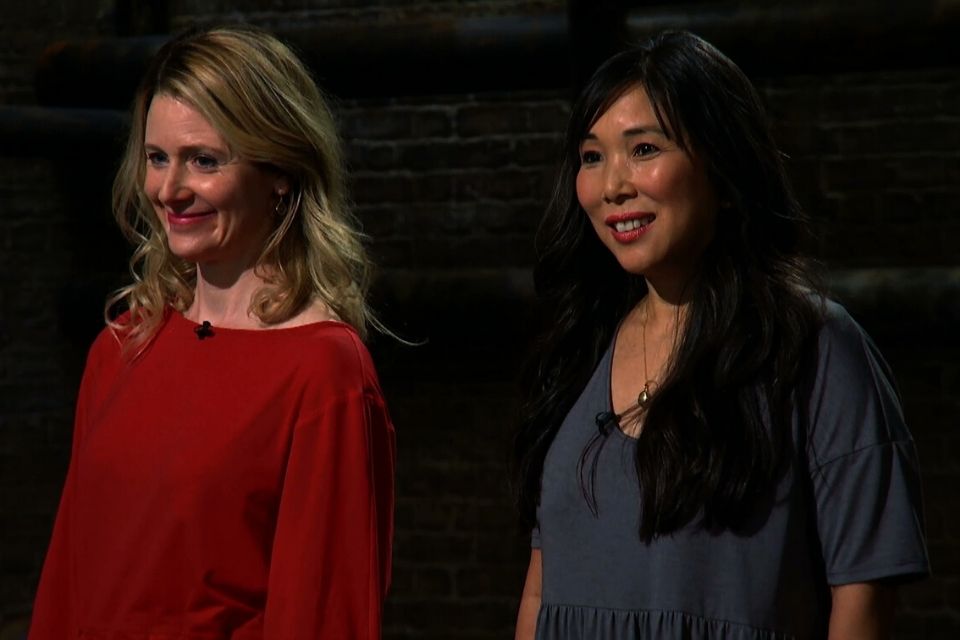At a time where helping others is more prevalent than ever, I found myself thinking about the importance of working together in tonight’s Dragons’ Den.
Brands: boxing clever
Branding buddies Martin Grimer and Shaun Jones entered the Den looking to secure a 40k investment in return for a 15% share in their company Punkbox.

Inspired by the pile of delivery boxes occupying space in their hallways, they devised a way to make clutter cool with their activity packs. Aimed at encouraging imaginative play in children, the packs include stickers and various items to transform empty boxes into castles, cars and more.
While the Dragons liked the crafting concept, Deborah and Peter felt as though the duo were further adding to the problem of waste material, not reducing it.
Touker however saw potential in the idea, although he envisaged a different route for the product. He suggested that the duo custom make the activity packs for various brands to send out with their merchandise:
Every brand wants brand loyalty.
When we talk about intellectual property (IP), we often speak about the importance of keeping your ideas private, using non-disclosure agreements or trade secrets.
Of course, it’s important to protect your IP to stop someone using your work without your permission. But, once your IP is properly protected, it can also be collaborative, not just exclusive, bringing numerous benefits for both parties.
A licence is an agreement between an IP right owner and another party. Licences support businesses who want to work together to develop new products and services. It grants them permission to do something that would be an infringement of the rights without the licence.
IP can be “licensed-out” or “licensed-in”. You can “license-out” to another company in return for a fee. You can “license-in” if you want to use another company’s IP to develop your own business and products.
Listen to our podcast with David Born of Born Licensing to hear some top tips on where to start and things to consider.

Unfortunately for Martin and Shaun, their business model needed further crafting and they were unable to make a deal with any of the Dragons.
Innovative clothing or fashion faux pas?
Now that the sun is shining, and nights are getting warmer, I’m donning the lighter loungewear in the evenings. Well, to be completely honest, like many across the UK I’m currently working from home full-time and often wearing my pyjamas or joggers throughout the day.
The penultimate pitch was by best friends Nancy Zeffman and Eileen Willett who were seeking £50k investment for a 10% stake in their business, Cucumber Clothing. The company produces clothing and sleepwear to help keep women cool and prevent overheating.

I became particularly curious when the phrase “performance fabrics” was mentioned. The entrepreneurs described how they use “volcanic mineral fabric” to help wearers cool down before they even start to feel hot. On the Cucumber Clothing website, the pair describe working with 37.5® Technology who create performance enhancing materials. This company hold numerous US patents to protect their materials, including fabrics, fibres and insulation.
One of the ways the two companies might be working together is through an agreement to work collaboratively. 37.5® Technology could agree to provide their materials to Cucumber Clothing so that they can create and sell their products in return for a fee or share of profits.
Another way of resourcing a patent-protected product is by searching for patents that are endorsed ‘licence of right’. This means that the patent holder has agreed to license their patent to anyone who asks.
Sadly for Nancy and Eileen, the Dragons were particularly fiery about the look of the products and the duo left the Den empty-handed.

Until next time
That’s all for this series! We hope you have enjoyed learning about the IP behind the pitches in the Den. If you want to hear more from our writers and expert researchers, economists and examiners then check out our IPO blog channel. We share a range of articles which can help you discover more on how IP rights can turn ideas into commercial success.
1 comment
Comment by cyberpkv posted on
thank for this article ya